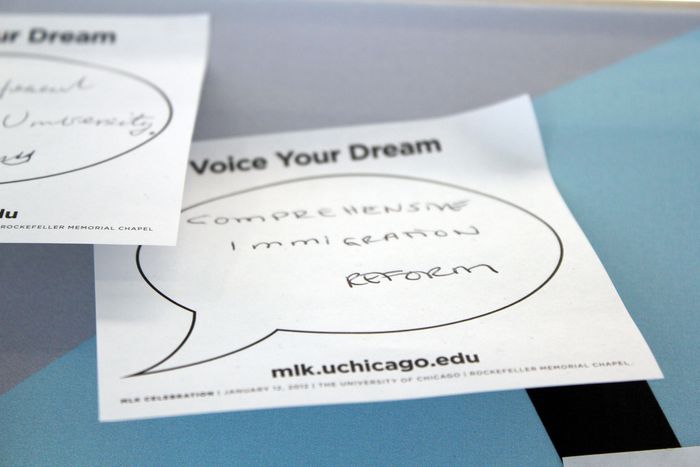
EUCO: common approach over sovereignty?
Published on
"Proper management and control" of Europe's external borders as the EU common responsibility was the highlight of the measures agreed during the Informal meeting of the Heads of State or Government, on the 23rd September. President of the European Council Donald Tusk stressed that it is unfair to put all the burden on Italy or Greece, bringing up the matter of national sovereignty.
Addressing the Press after the EU leaders’ meeting on 23 September on the flaming issue of migration, President of the European Council Donald Dusk along with President of the European Commission Jean-Claude Juncker, announced that the measures decided supported the Commission’s list of priority actions to tackle the refugee crisis. The list of actions included the issuing of at least 1 billion Euros to the United Nations High Commissioner for Refugees, the World Food Programme and other agencies, as well as assistance to Jordan, Turkey and Lebanon and other countries to respond to the Syrian refugee crisis. Especially for Turkey, President Tusk confirmed that a meeting with Turkish President Tayyip Erdogan will take place on 5 October.
But what about European countries that are on the frontline of the refugee crisis? President Tusk underlined that 28 countries want to regain control of Europe’s external borders, a “very ambitious project” as he described, for which "we need common control".
So how do the heads of the Italian and Greek governments see this prospect?
Upon his arrival at the meeting, freshly re-elected Greek Prime Minister Alexis Tsipras stressed that “United Europe means first of all sharing; sharing of responsibility, sharing of burdens, sharing of capabilities, sharing of common future”, clearly pushing to have the refugee crisis treated not as Mediterranean, but rather as a pan-European issue. In fact, Mr. Tsipras reportedly met with president of the Progressive Alliance of Socialists and Democrats, Gianni Pittela on the development of a stronger European, progressive front.
Prime Minister of Italy Matteo Renzi stated he was absolutely satisfied with the decisions announced: “for the first time migrant relocation is not simply a question for the single member states; it’s a question about all European people and particularly all the European institutions”. When asked his opinion about the extra funding announced to be allocated outside Europe he replied “for us the problem is not the money. For us the problem is an ideal... For a lot of countries, for a lot of colleagues European values are not able to solve the question of migration.”
Even though EU leaders appeared content with the decisions taken today (and to be implemented by the end of November), European citizens’ reactions on social media could be described as less than enthusiastic, stressing a lack of empathy towards refugees:



